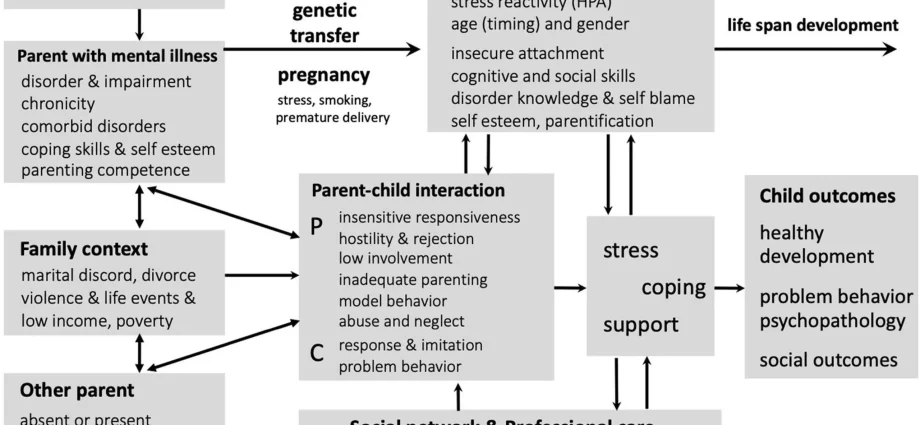Although in most cases, depression is the result of a strong stress related to, inter alia, With the loss of a loved one or dismissal, a large percentage of patients develop this disease as a result of relatively minor failures. However, the underlying cause is often childhood experiences, says the Journal of Psychiatric Research.
Researchers from the University of California in Los Angeles found that nearly 30 percent of people who were affected by depression for the first time and in 60 percent. people with a history of the disease, the symptoms of this disorder were associated with greater susceptibility to stress caused by the loss of a parent or the experience of at least one year of separation from a parent before the age of 18. The study group included 26 men and 74 women diagnosed with depression.
It has long been known that some people are at greater risk of suffering from mental health disorders than others. Some people get depressed when their relationship breaks up, others don’t. In our research, we tried to identify the factors associated with this phenomenon and to establish the role of increased susceptibility to stress, says the researcher, George Slavich.
The results of these studies confirm the results of previous studies conducted at our and other universities, but for the first time they suggest that early loss or separation from a parent and previous episodes of depression sensitize people to the effects of stressors, including those related to separation, adds Slavich.
The question that arises from the research is, the researchers note, how experiences in childhood increase susceptibility to stress. One possible explanation is to develop a negative image of yourself and the world. This type of thinking is activated in the face of potentially stressful factors. At the same time, this mechanism may have a biological basis. Early experience may weaken the barrier against inflammatory processes that can cause depression, researchers speculate (PAP).










